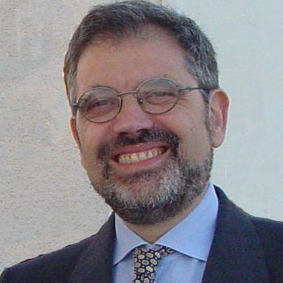The Easter Egg hunt seems to be a source of plenty of insights about the global petroleum situation. On this subject, see also my Easter post of last year. Image above from "bitrebels".
Today, a press release from the egg industry commented on the traditional egg hunt of this year’s Easter, denying that "peak eggs" took place last year.
"Eggs are still abundant," maintains the industry’s press release, "and the new technology of egg fracking is creating a "new age of eggs" that will last decades". The press release adds that the concept of "peak eggs" is only the result of fear mongering on the part of a small group of pseudo-experts who have been shown to be in error many times in the past.
Sources close to the Easter Bunny also answered to a number of questions, specifying that, yes, it is true that it was sometimes more difficult for children to collect fracked eggs from the ground; but that should not detract from the advantages that the new technology is bringing to us.
The same sources also stated that the worries of some environmentalists about the consumption of fracked eggs are misplaced. The industry won’t disclose the chemicals used in egg-fracking, but maintains that the results of the process are totally safe for human consumption; adding that the blue color (sometimes green) of the yolk is wholly natural. Also, the fact that fracked eggs have been sometimes observed to spontaneously catch fire should be seen as a bonus in terms of easing the preparation of omelets.
 According to industrial sources, fracking methods show great promise in the creation of new foodstuff and will soon be extended to new fields. Fracked chicken, for instance, shows promise for the burger industry and tests are in progress.
According to industrial sources, fracking methods show great promise in the creation of new foodstuff and will soon be extended to new fields. Fracked chicken, for instance, shows promise for the burger industry and tests are in progress.






